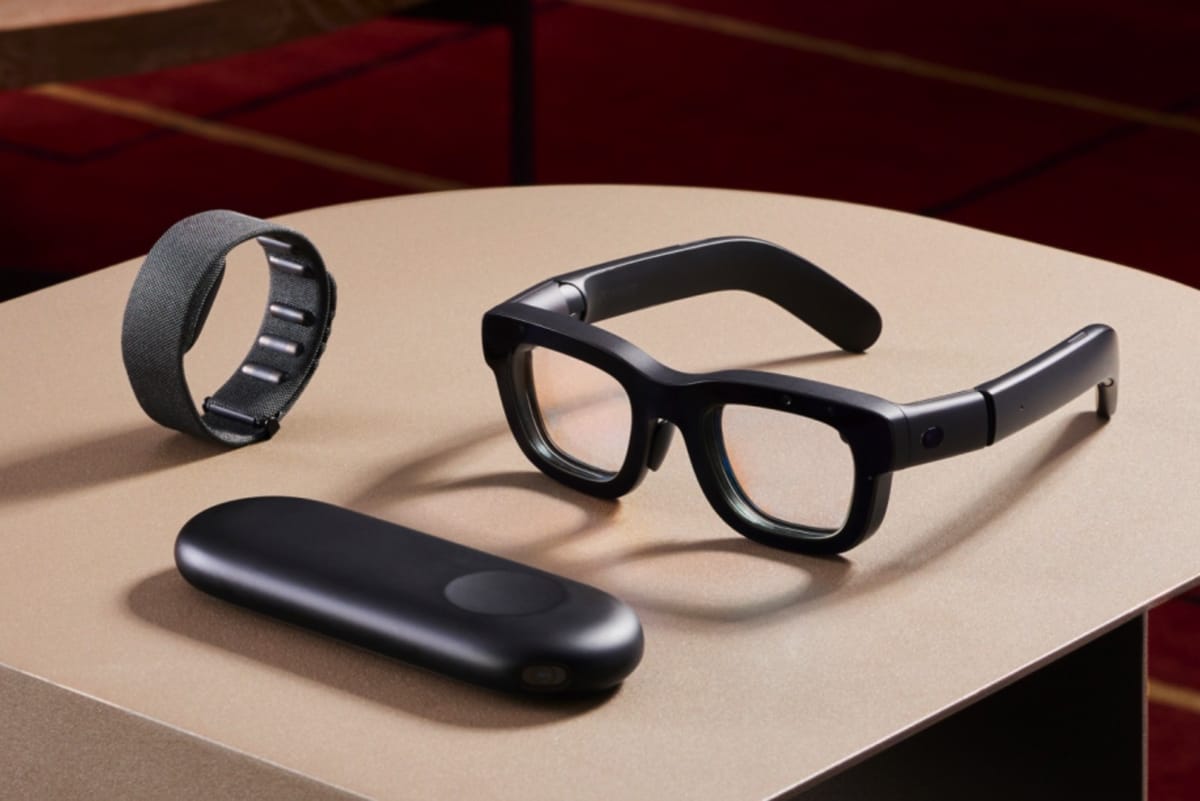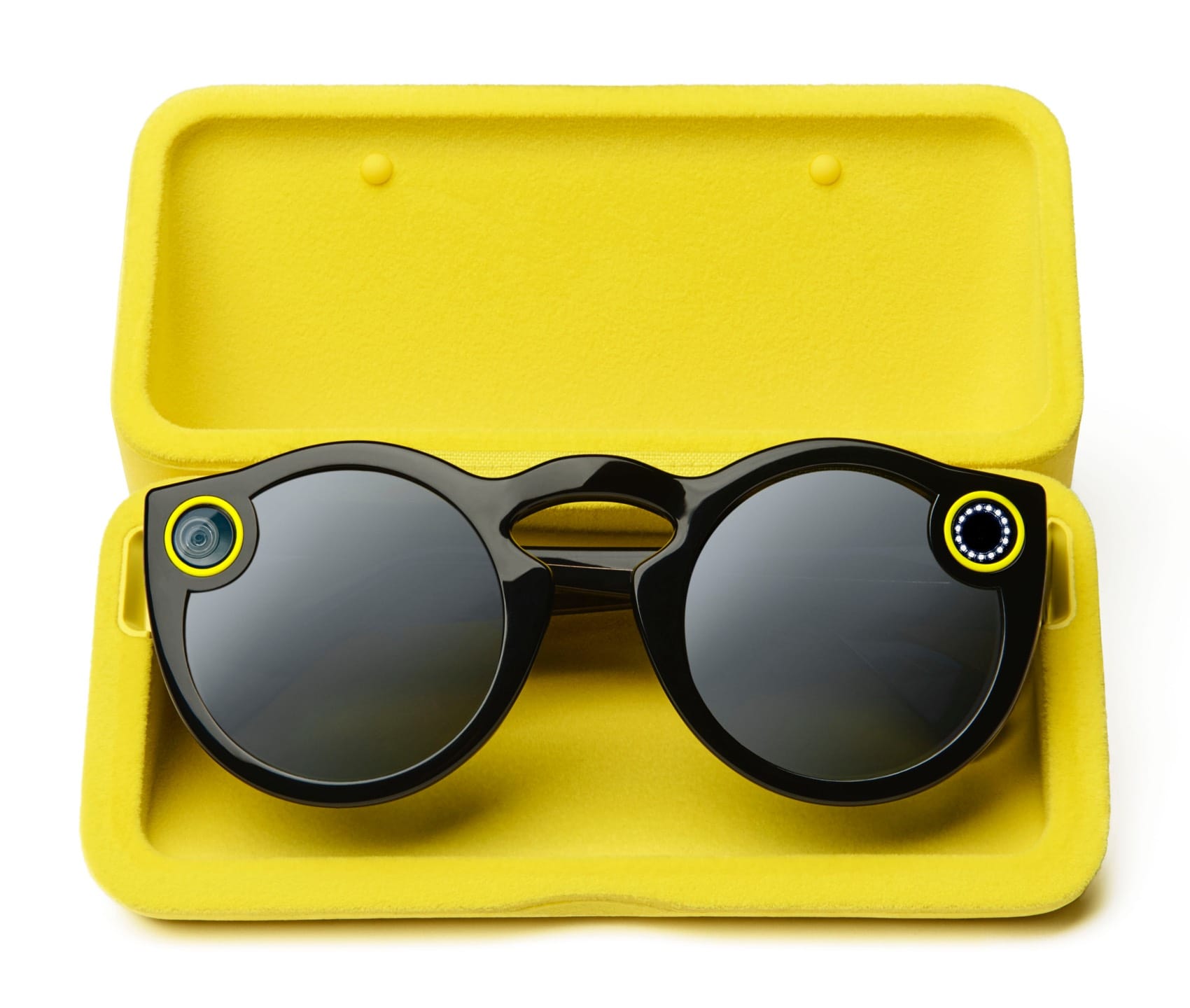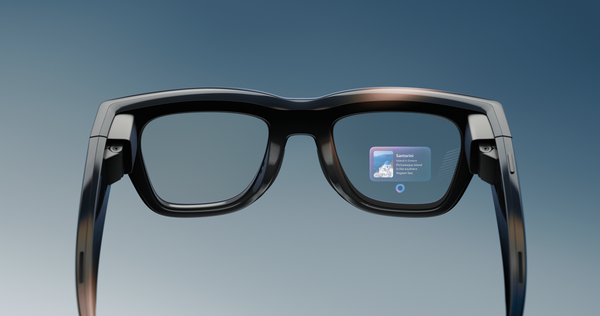Meta is Getting AR Right

It seems that major tech companies are placing two major bets on the "next platform:" Artificial Intelligence and Augmented/Virtual Reality.
Meta has dabbled in AI, but it's poured a ton of money into AR and VR in the past decade. They've been tackling these spaces from both ends of the market by making affordable VR headsets, aspirational, pricey headsets, and fashionable sunglasses with a few useful features.
Apple has also bet on AR/VR being the next platform but focused solely on the high-end of the market. They launched the Vision Pro with the best (and most expensive) VR experience that's possible with current tech. It has not done well though.
Meta's approach has allowed them to build a small ecosystem around VR without the pressure of it needing to be a massive new device category immediately.
With that measured approach they've seemingly come to view VR as a niche category whose main use cases are gaming and productivity. Potentially interesting categories but not a new platform that will revolutionise the world the way smartphones did.
With their AR glasses though they've found more success than they anticipated. The Ray-Ban Meta Smart Glasses added a camera and AI assistant to already stylish sunglasses and have been a hit. They're not the AR experience we've all dreamt of but they provide useful functionality beyond niches that VR headsets have failed to.
That's a solid foundation to iterate on the product and add more of what we imagine AR glasses can be. The Orion prototypes got rave reviews even though they're not ready to be sold. It provides a sneak peak of Meta's long term vision for the product that they can gather feedback from.
I won't be surprised if we see pieces of that prototype gradually added to the current Ray Bans with each release.
Snap

Snap also took this approach with the original release of their Spectacles but has lost its way in the decade since. They've tried to rush to the final form of AR glasses before the tech is truly ready and they've lost the fashionable by pursuing that.

But there's still time for them to turn this around and become a true competitor to Meta if they can keep funding the project.
Both companies have some unique attributes that have allowed them to pursue this vision. They're both led by founders with ultimate control of the company so they can make risky long-term bets that investors are not too happy about.
Meta has a lot more money though.
The 1.0 Release
Both products still feel like 0.X releases before a real launch. I think a few things need to happen before we get to that point.
- Sub $1000 price
People already pay a lot for sunglasses and phones but I don't think they're willing to pay laptop prices for a device that can't act as a general computing device yet. Apple bet on its Vision Pro being able to do that to justify the $3500 price but was wrong. At less than $1000 I think it's easy for tech enthusiasts to justify purchasing and easier for curious non-techies to be tempted.
- App Platform
These devices need an app platform that's easy for developers to learn and build on. Ideally it should use an existing platform like Android or the Web so lots of code can be shared to create the required new apps. The developer experience should be about crafting a great AR experience not writing business logic.
- Stylish
It should be almost indistinguishable from a regular pair of sunglasses at first glance. No one wants to look like a cyborg no matter how cool the tech is, see Google Glass.
When?
I think we're at least 3 years away from this device.
Meta has nailed #3 but it remains to be seen what #2 is like and the price is likely far above $1000 at this time. They've already got an app platform based on Android in the Quest VR headsets that should be used for an initial app library for the eventual 1.0 Orion release. They just need to get the price down, or sell at a loss like video game consoles do, to ramp up production and eventually decrease costs.
Winning this market could be huge and might be worth the risk of losing a bit of money before Google and Apple decide to step in.




